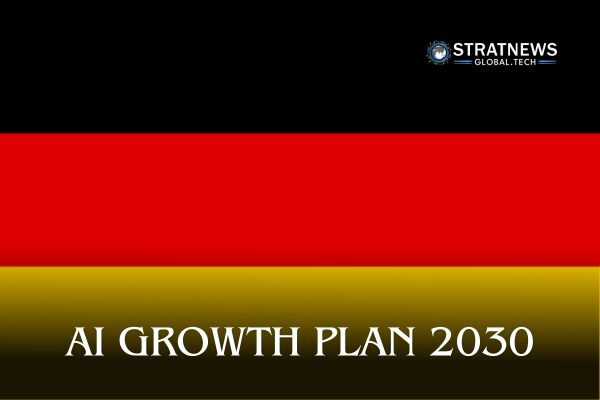Germany Sets Ambitious AI Targets to Boost Economy by 2030
Germany plans to significantly increase its use of artificial intelligence (AI) by the end of this decade, aiming to support its economy and strengthen its global position in key technologies. According to a draft strategy document, seen by Reuters, Germany wants AI to contribute 10% of its total economic output by 2030.
National AI Strategy Targets Global Competition
The German government sees AI as a critical tool in advancing research and economic development. Its new strategy outlines a national “AI offensive” designed to catch up with global leaders such as the United States and China. The German cabinet is expected to formally adopt the strategy by the end of this month.
Part of the plan includes coordinated bids to establish large-scale processing centres across the European Union. These facilities will be crucial for developing AI technologies at scale. Germany plans to work closely with industry leaders, experts, and regional authorities to finalise applications by year-end.
The strategy ties into the European Commission’s broader initiative, which has earmarked 20 billion euros ($23 billion) to build AI ‘gigafactories’ across the EU.
Quantum Computing Development Also a Priority
In addition to AI, Germany’s strategy also focuses on quantum computing. The government aims to build two “error-corrected quantum computers” by 2030. These machines, once completed, will be made available for use across industries and research sectors, highlighting Germany’s long-term commitment to advanced computing technologies.
By pushing forward with these initiatives, Germany seeks not only to modernise its economy but also to secure a competitive edge in digital and high-tech sectors.
with inputs from Reuters


